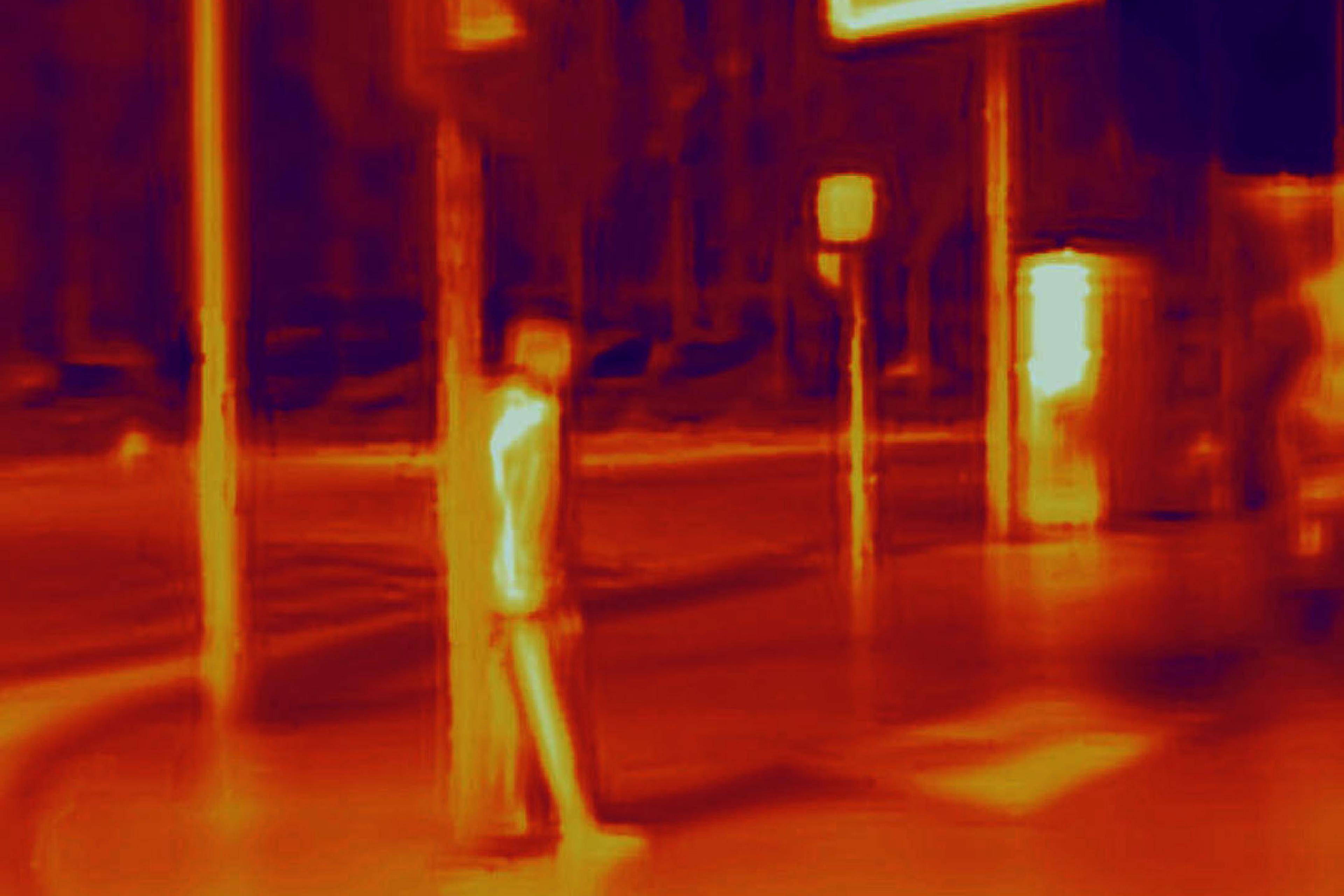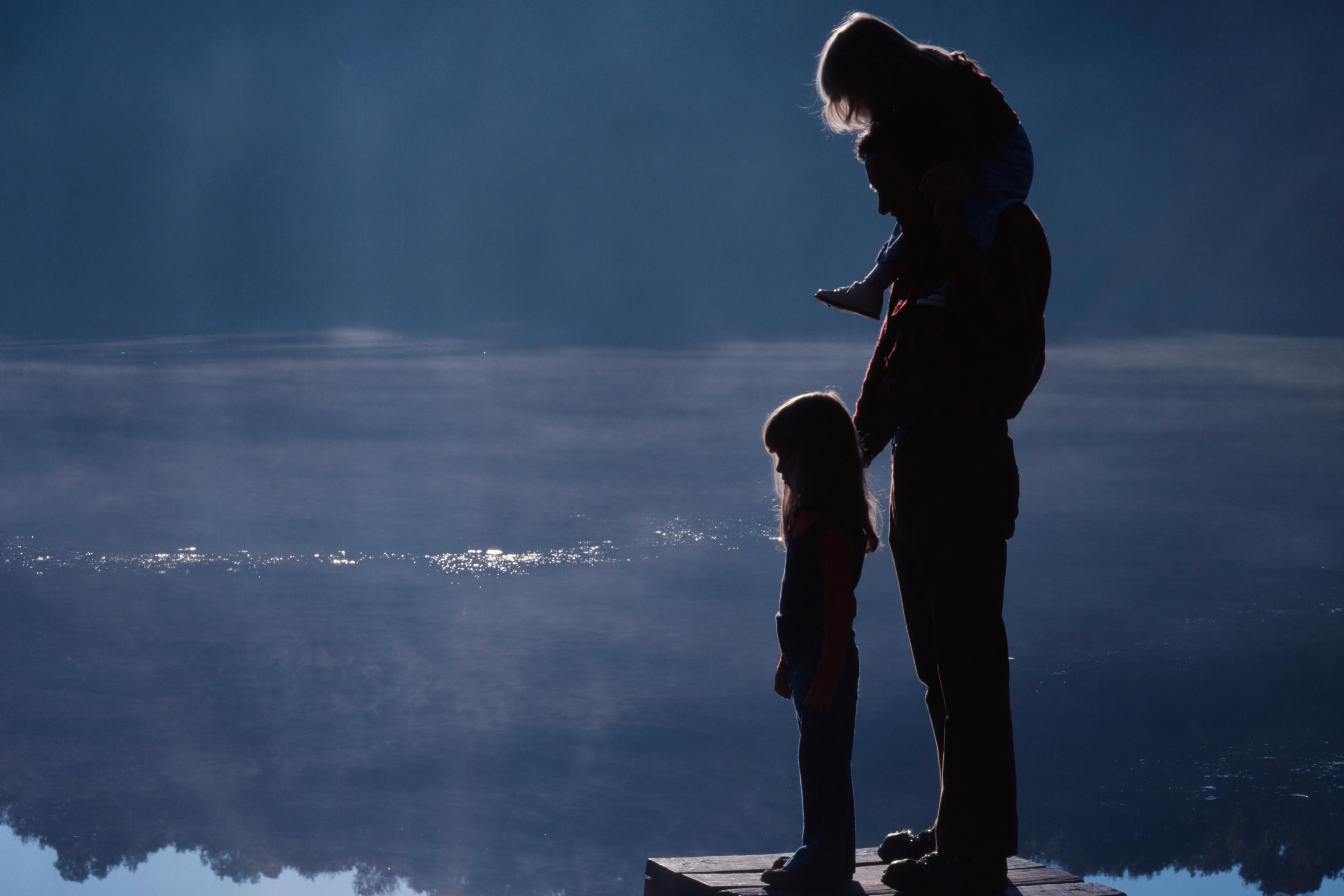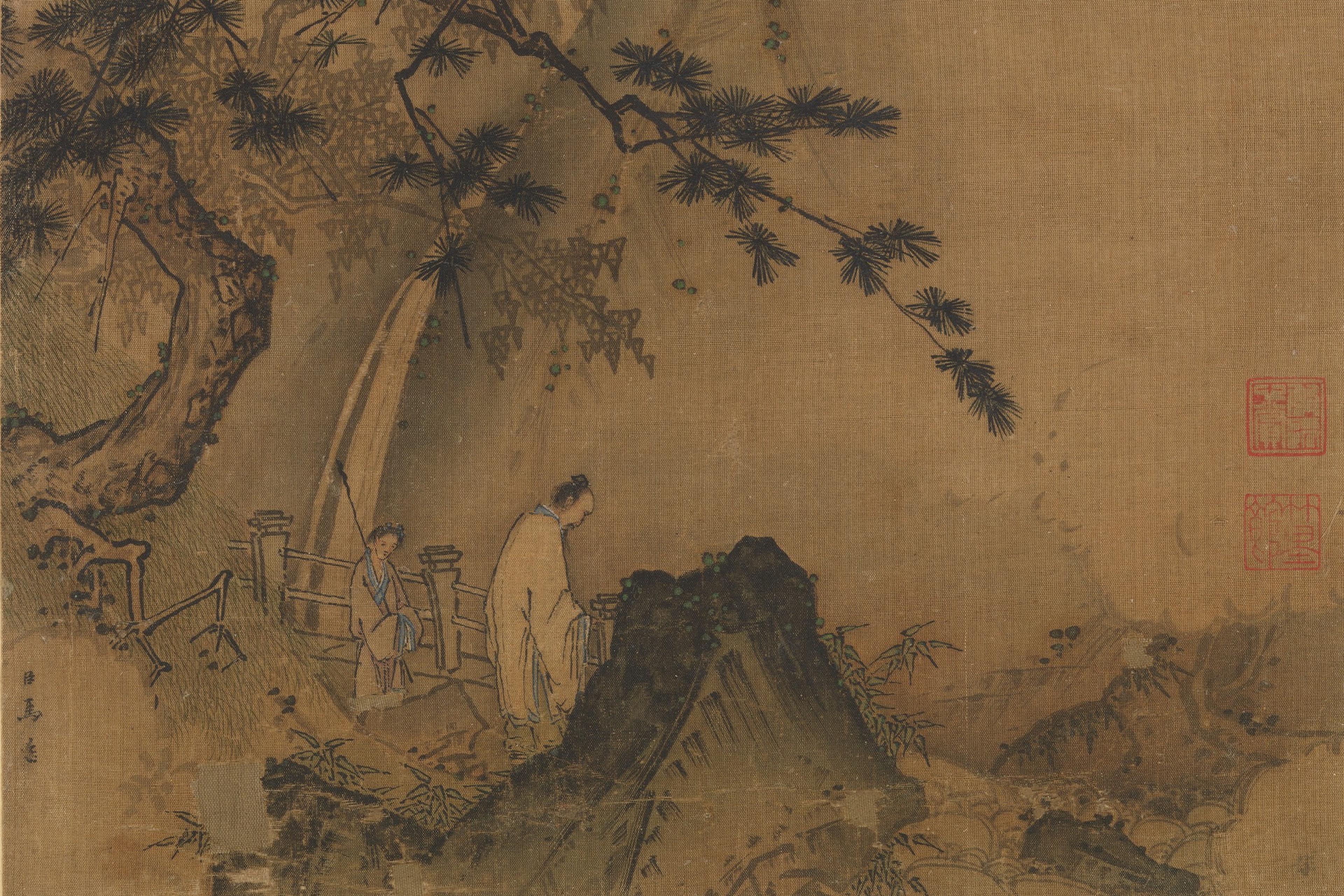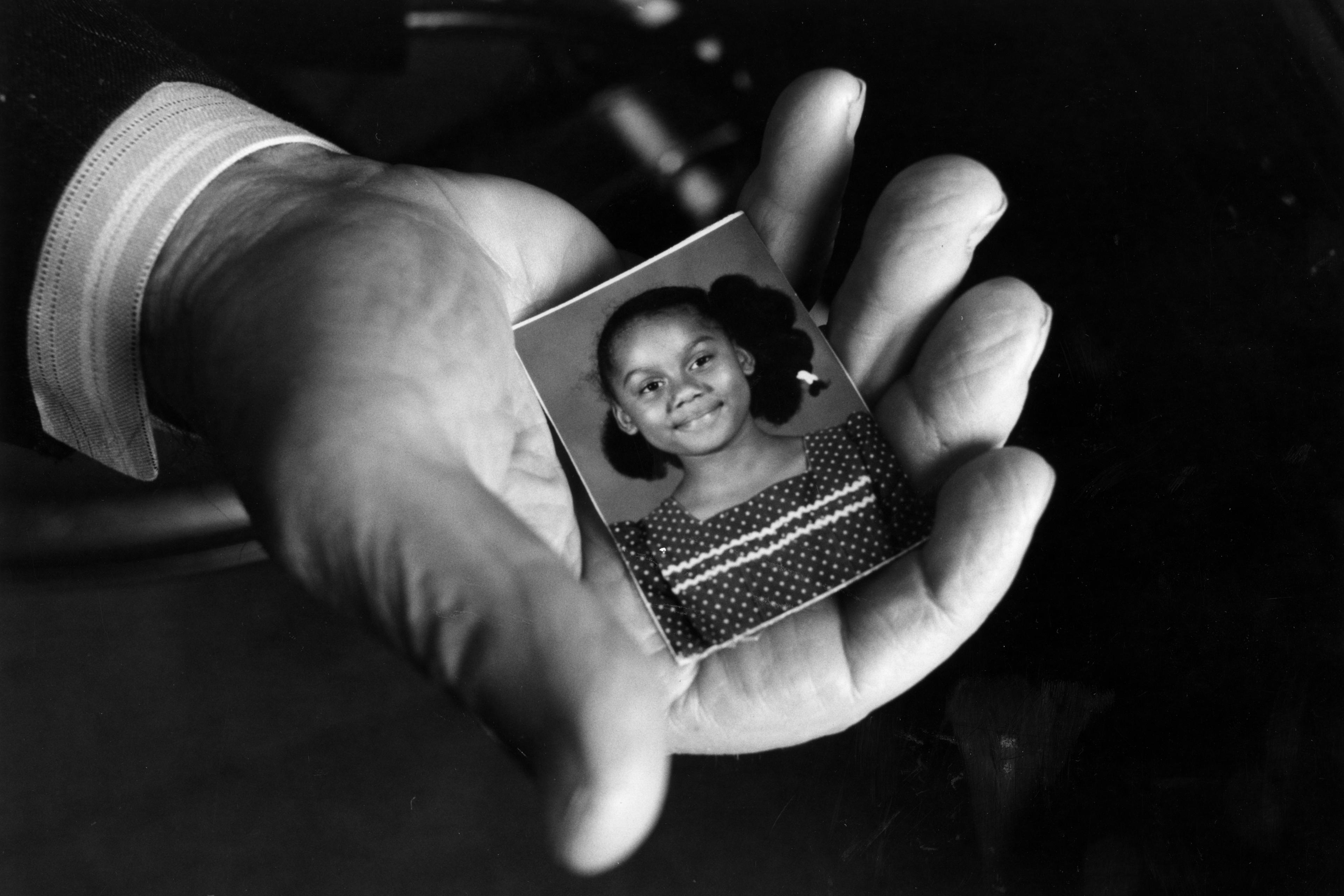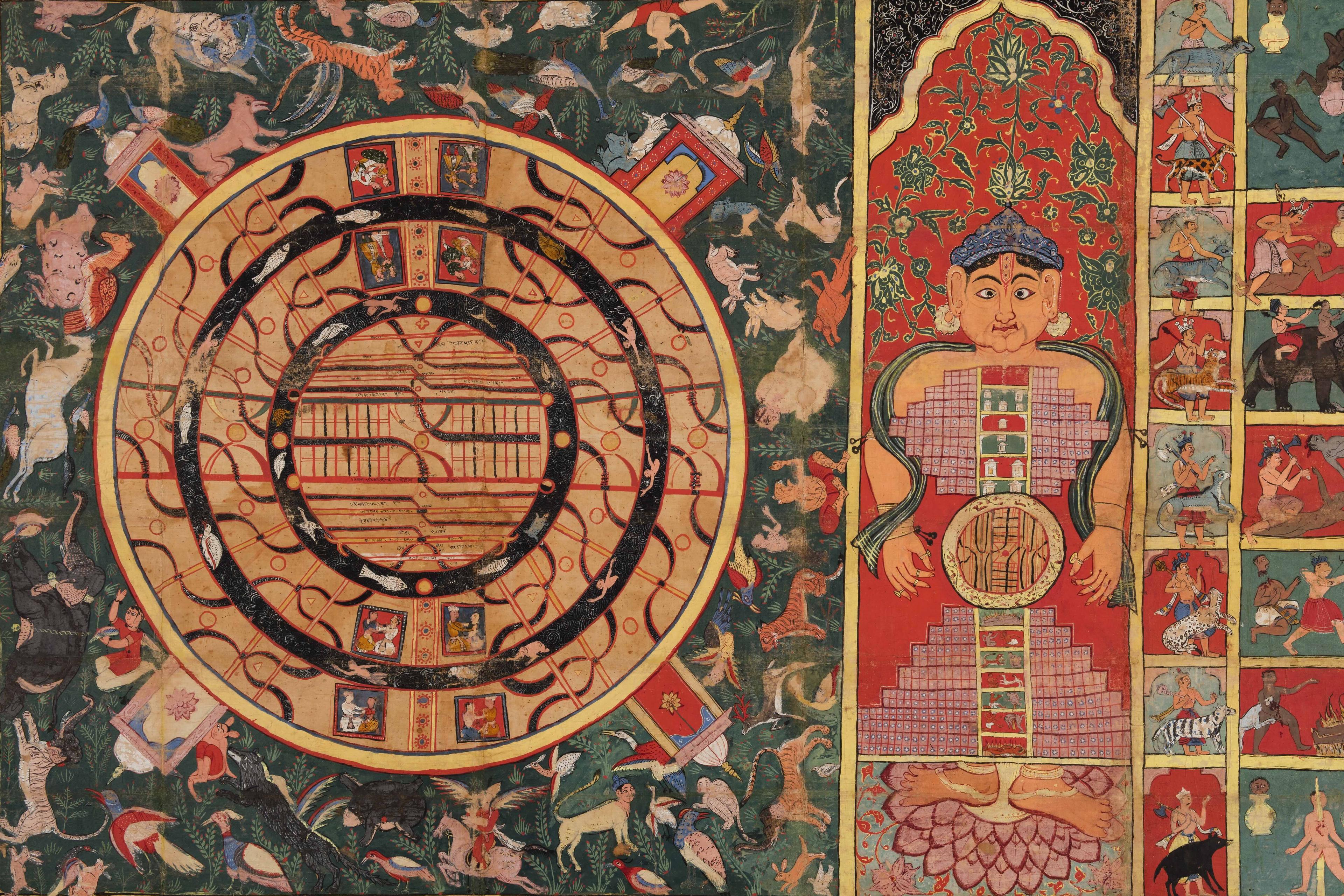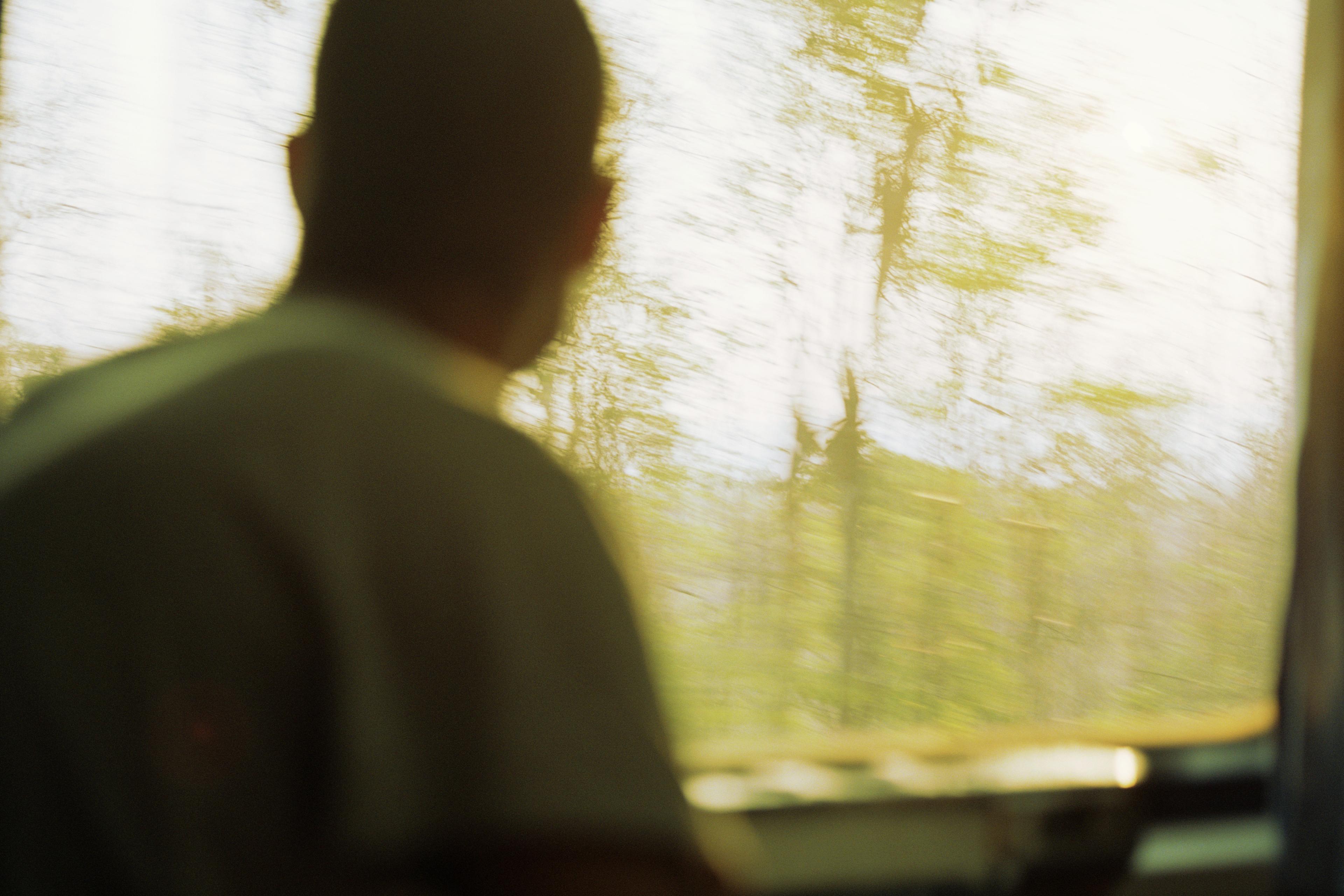What if there is no ‘path’ to enlightenment? What if our awakening experiences – those temporary but powerful moments of insight, clarity, acceptance and self-transcendence – are not directing us toward permanent states of happiness, oneness and freedom? Instead of ascending a clearly marked path, we might find ourselves drifting on an immense and merciless ocean.
The experiences that seem to direct us toward enlightenment, known as awakening experiences, are often mistakenly thought of as unequivocally positive. Whether initiated through practices like meditation, prayer, ritual, reflection, sensory deprivation or the use of hallucinogens, these powerful spiritual states are often believed to unlock life’s mysteries, provide a form of ultimate happiness, reveal some so-called higher truth or even lead to permanent positive transformations. It all seems so perfect. But for anyone who has experienced the radical changes that accompany an awakening experience, it’s not so simple. Sacred knowledge comes at a cost.
Emboldened by an awakening experience, and the promise of enlightenment, some people throw everything away: family, friends, beer, sex, entertainment, money, even their hair and decent sense of fashion. Decades ago, I gave up all these to become a Buddhist monk. Was it worth it? Well, though I’m still unenlightened, I’ve had a lot of powerfully transformative experiences: intense insights, overwhelming epiphanies, euphoric emotions, feelings of self-transcendence and unshakeable equanimity. Nothing seems to match their profundity. But clarity can come with confusion. Sometimes, the euphoria that accompanies epiphany gives way to disorientation, and self-transcendence can turn into self-deception. It took me years of wrong turns to realise that not all the transformations from awakening experiences point in the right direction.
My first transformative experience came neither through meditation nor Buddhist insights, but through LSD as a teenager. After taking it for the first time, I glimpsed ‘myself’ as nothing but a pattern, an illusion that perceptually shifted and moved with no real substance. What I had thought was ‘me’ my whole life was ‘not-me’. This unfolded in all its world-shattering glory while staring at the intricate patterns of a Persian rug, which somehow shifted before my eyes. I saw that these patterns were created by countless threads, which were themselves made up of countless atoms. The thing I had assumed was ‘me’ was no different: a bunch of shifting particles formed into a pattern. The centre of who I took myself to be disintegrated and bled into the rug. At the time, this was the most important experience I had ever had. It broke something in me – for the better. The only problem was, I had no idea how to put the shattered pieces back together.
What should we do if we find ourselves shattered by an awakening experience? Unfortunately, there is no ‘Awakening for Dummies’ handbook. It’s hard enough to find the words to describe what we’ve glimpsed, let alone understand what the experience even was. And how do we live our lives in the aftermath? Answers aren’t easy to find. For the time being, we can rely on guidance insights from the contemplative traditions.
Contemplative traditions throughout history have extolled the importance of experiencing powerful spiritual insights that can radically change the way you relate to existence. Peeling back the curtain, it’s almost impossible to unsee what was hiding behind. But it may not be easy to explain. Different contemplative traditions, religions and cultures have attempted to describe these ‘indescribable’ experiences and what they lead to with various terms, including transcendence, absorption, oneness, ego dissolution or nothingness.
Regardless of how they are described, contemporary research has found that these experiences tend to share a common ‘awakening’ flavour made up of certain key ingredients. First, they share a sense of unity, in which the individual’s self or ego seems to dissolve into oneness – be that god, universal consciousness or a state in which self and other blur. Second, they share a sense of emotional intensity, in which powerful feelings like boundless love, ecstasy, bliss, absolute awe or pure compassion imbue every aspect of one’s being. Third, they share a sense of clarity, in which people describe a certain understanding or insight about the nature of their existence. Finally, there is a sense of surrender or acceptance to the process as opposed to making it happen, a feeling of surrender to the divine or a sense of balanced equanimity with all things.
Sometimes, those ingredients create profound transformations. The last thing on my teenage mind the first night I took psychedelics was that staring at a Persian rug might eventually lead me to become a celibate Buddhist monk. The flash of illumination is not only world shattering in the moment but can also serve as an inflection point for permanent changes. Many areas of a person’s life can change after the experience, including their sense of meaning and purpose, their beliefs and values, relationships, even their careers and health. Furthermore, these changes seem to be mostly for the better.
The problem is that awakening experiences are so powerfully transformative, they can also be utterly disorienting. In some cases, they can lead to flights of fancy. In other cases, delusions. I spend a great deal of my time talking to meditators who, many years after an awakening experience, still don’t understand (or have misinterpreted) what they went through.
So, what should you do after you’ve had an awakening experience? How can you overcome the feeling of being cast adrift on a vast ocean?
The first step might be the hardest: find a guide. Because the experience will likely be new, subjective and unique, it’s hard to make sense of it. Here is where the contemplative traditions can help, including the great religions or other spiritual practices, Indigenous cultural beliefs or more modern frameworks like transcendentalism. Once you’ve found a tradition, and its relevant community, you may find a guide who has had similar experiences. This process is difficult and daunting. It involves a lot of trial and error, and you might run into some strange people and ideas along the way. But it’s worth it. Finding a guide can help you understand the experience and figure out what to do next.
But why can’t you just work it out for yourself? Why do you need a Bronze Age text or some bald weirdo in a bedsheet to reinterpret what you experienced at the core of your being? This is not to say that teachers, traditions or communities hold infallible answers, but rather that it’s not easy to make sense of awakening experiences without help. In fact, there can be huge risks in trying to work out these experiences by yourself. Without a reality check, you might interpret your ‘awakening’ as being more significant than it was.
This brings us to the second step: don’t overestimate your awakening experience. Having one of these experiences doesn’t mean you are enlightened, or spiritually adept, or an expert. You have taken an important first step, but there are many, many more to go. People often think of their initial awakening experience like reaching a destination. But if we envision ourselves going on a journey across the ocean, it’s more likely that you’ve just gotten the ship out of the harbour. This is where the contemplative frameworks and their communities can help point you in the right direction.
Taking the experience to be more than what it is can lead us into spiritual delusion. Believing we’ve reached our destination causes us to float where we are, or worse, drift further in the wrong direction. Often, people want these experiences to occur again so badly that they start to imagine them, never realising they are creating an escapist fantasy. As a Buddhist monk, I often come across people (including other teachers) who once had a vivid image pop into their head and then spent the next few decades believing – and telling others – they have mystical powers. It’s easy to get blinded by the glow of an awakening experience.
The aftereffects might be persistent, but the experiences themselves don’t last forever. Eventually mundane existence creeps back in as we’re confronted by our jobs, unmown lawns, sick kids or dirty microwaves. The experience becomes a memory. Regardless, this memory can now serve as one of the most influential reference points for the remainder of our lives. It can potentially change us for the better. But there’s no guarantee.
Though it’s hard to gauge who will change, long-lasting transformations likely have something to do with what researchers refer to as a ‘secondary shift’. These shifts are significant transformations that alter values, beliefs and attitudes – they produce a new cognitive map of reality, which may eventually lead to permanent changes in your sense of identity.
What sets off this secondary shift? Most reports indicate that these transformations are associated with self-transcendence during an awakening experience – a sense of the self being dissolved or deconstructed and then transformed through feelings of unity, emotional intensity, clarity and acceptance. But only certain parts of your identity are likely to change, and these could include moral traits. Moral changes may be a key indicator for permanent change because moral traits are thought to be more important to your sense of self and identity than any other part of the mind. During awakening experiences, your moral identity could shift in response to intense feelings of unity and other emotions. So, the question of whether you’ll change, and to what degree, might depend on how much the experience changes your moral identity. One experience won’t likely make you a saint, but small shifts can make big differences over time – they can set you in a direction that will eventually lead to positive change.
Ideally, you wouldn’t need an awakening experience to better yourself, but having one can serve as a compass to guide you through life. Here is where it’s helpful to recall the primary elements of an awakening experience: a sense of unity, emotional intensity, clarity and surrender or acceptance. The experience may have seemed disorienting, but by repeatedly reflecting on these subjective elements, and continually trying to integrate them into your daily life, you start a process of profound transformation that can improve your mental life and how you act in the world. For example, are you cultivating a sense of unity that includes the variety of lifeforms on this planet? Remembering the unifying qualities of the experience can aid you in continually adjusting the harm or help you might be doing to the world through your ethical interactions. Are you bringing emotionally intense positive states such as compassion, gratitude or kindness into your relationships? Remembering the experience reminds you to extend these emotions not only to the people you care for, but also towards those you’re indifferent to, may never meet, or even those who ire you. How are you continuing to use the clarity from the awakening experience to shape your priorities or decisions in life? Clarity can be used to reflect on how you are spending your precious time in this life. Finally, are you bringing a sense of surrender or acceptance into the way you operate in the world? Going beyond one’s egocentric desires and surrendering to something bigger might provide you with a heightened purpose. For an awakening experience to really matter in a greater sense, it shouldn’t improve only you, but also our shared existence.
It takes a lot of work, reflection and patience, but the subjective states of an awakening experience can become part of day-to-day reality. A temporary epiphany can live forever in your actions. If you’ve been fortunate enough to have your consciousness transformed through an awakening experience and have thought Well, now what?, these steps might give you some direction. Your ship is out in open waters. Your navigation instruments are working. You now have an ocean to traverse.
This Idea is part of a series on contemplation produced with the Monash Centre for Consciousness and Contemplative Studies. To read other articles in this series, see Jennifer Windt’s Idea on personal transformation.


